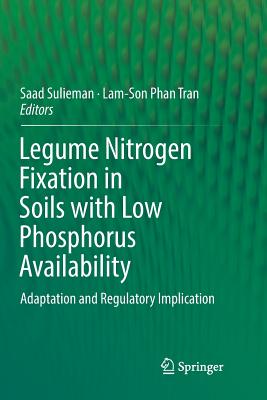The Duckweed Genomes
暫譯: 鴨跖草基因組
Cao, Xuan Hieu, Fourounjian, Paul, Wang, Wenqin
- 出版商: Springer
- 出版日期: 2020-01-08
- 售價: $7,970
- 貴賓價: 9.8 折 $7,810
- 語言: 英文
- 裝訂: Hardcover - also called cloth, retail trade, or trade
- ISBN: 3030110443
- ISBN-13: 9783030110444
-
相關分類:
生物資訊 Bioinformatics
海外代購書籍(需單獨結帳)
商品描述
This book tells the story behind the first Spirodela genome sequencing project. Further, it describes the current genomics applications of these findings, and efforts to sequence new genomes within the family. The closing chapters address the sequencing of the over 1 Gigabase Wolffia genomes, which could have major impacts on genome evolution and agricultural research. The duckweed or Lemnaceae family is a collection of 5 genera and 37 species of the smallest, fastest-growing flowering plants. Many of these aquatic monocotyledonous plants can grow all over the world, in a variety of climates. Given their simplified and neotenous morphology, duckweeds have been researched for several decades as a model species for plant physiology and ecotoxicological research, contributing to our understanding e.g. of flowering response, plant circadian systems, sulfur assimilation pathways and auxin biosynthesis. In addition, duckweed-based treatment has been a favorite and feasible means, especially in developing countries, of removing phosphorus and pharmaceutical chemicals from sewage and wastewater.
With a dry annual mass yield per hectare of up to 80 tonnes (equivalent to 10 tonnes of protein), duckweed is also a promising aquatic crop in new modern and sustainable agriculture. Besides being an excellent primary or supplemental feedstock for the production of livestock and fish, duckweed biomass can be utilized as a potential resource for human nutrition, biofuel, or bioplastics, depending on water quality as well as protein or starch accumulating procedures. These academic and commercial interests have led to international efforts to sequence the Spirodela polyrhiza genome, the smallest and most ancient genome in the family.
With a dry annual mass yield per hectare of up to 80 tonnes (equivalent to 10 tonnes of protein), duckweed is also a promising aquatic crop in new modern and sustainable agriculture. Besides being an excellent primary or supplemental feedstock for the production of livestock and fish, duckweed biomass can be utilized as a potential resource for human nutrition, biofuel, or bioplastics, depending on water quality as well as protein or starch accumulating procedures. These academic and commercial interests have led to international efforts to sequence the Spirodela polyrhiza genome, the smallest and most ancient genome in the family.
商品描述(中文翻譯)
本書講述了第一個 Spirodela 基因組測序計畫背後的故事。此外,它描述了這些發現的當前基因組應用,以及在該家族內測序新基因組的努力。最後幾章探討了超過 1 Gigabase 的 Wolffia 基因組的測序,這可能對基因組演化和農業研究產生重大影響。浮萍或 Lemnaceae 家族是一組由 5 個屬和 37 種最小、增長最快的開花植物組成的集合。這些水生單子葉植物可以在世界各地的各種氣候中生長。由於其簡化和幼態的形態,浮萍在幾十年來一直被研究作為植物生理學和生態毒理學研究的模式物種,幫助我們理解例如開花反應、植物晝夜節律系統、硫同化途徑和生長素生物合成。此外,基於浮萍的處理方法在發展中國家特別受到青睞,成為去除污水和廢水中磷和藥物化學物質的可行手段。
每公頃的乾年產量可達 80 噸(相當於 10 噸蛋白質),浮萍也是新型現代可持續農業中一種有前景的水生作物。除了作為生產牲畜和魚類的優秀主要或補充飼料外,浮萍生物質還可以根據水質以及蛋白質或澱粉的積累過程,作為人類營養、生物燃料或生物塑料的潛在資源。這些學術和商業利益促成了國際努力測序 Spirodela polyrhiza 基因組,這是該家族中最小且最古老的基因組。
作者簡介
作者簡介(中文翻譯)
抱歉,我無法處理該內容。請提供需要翻譯的技術文本。










